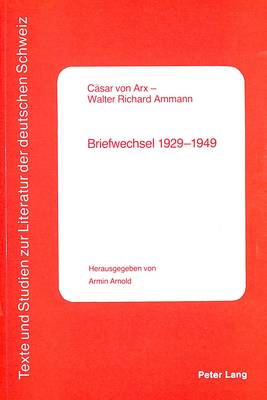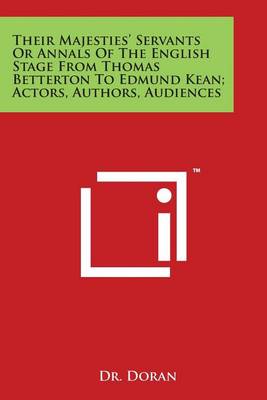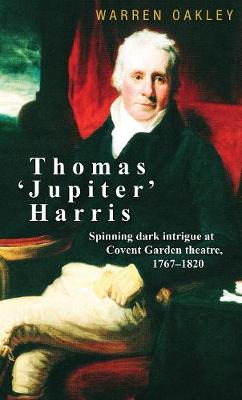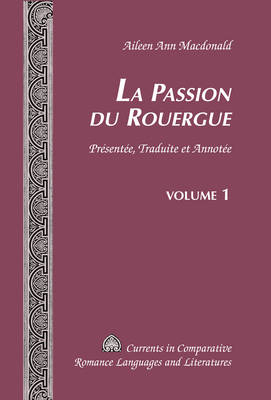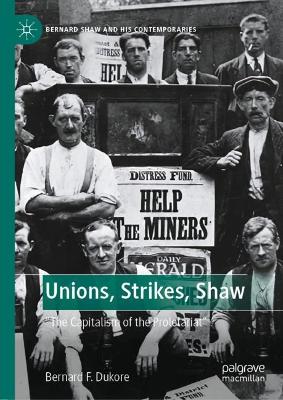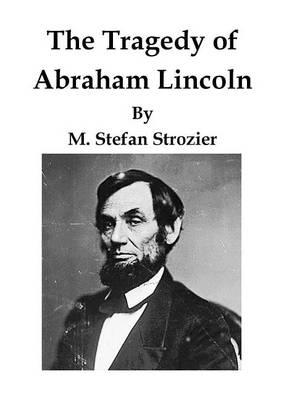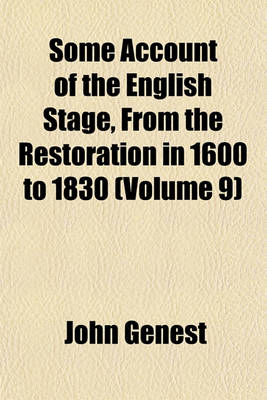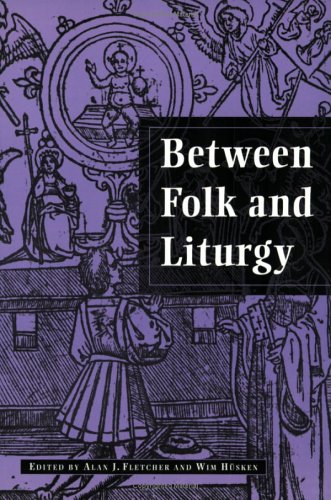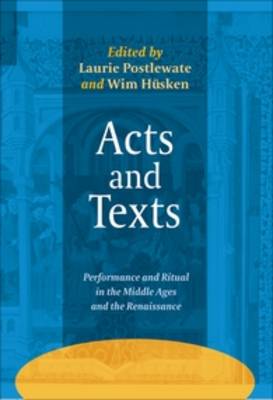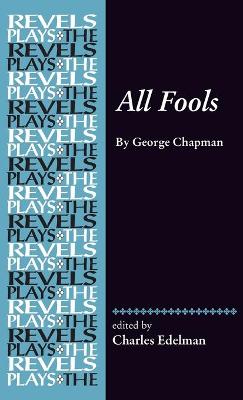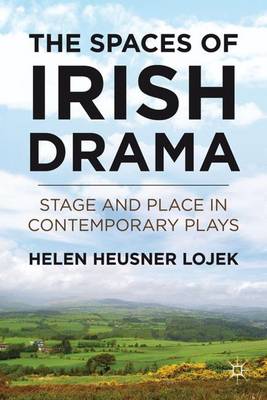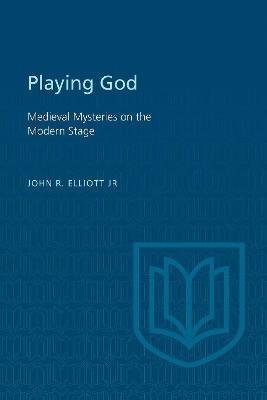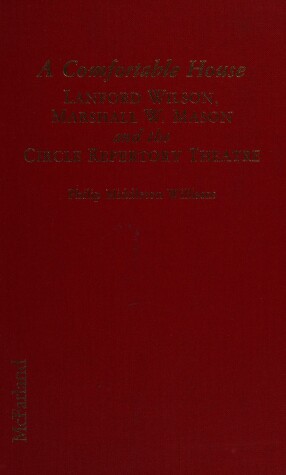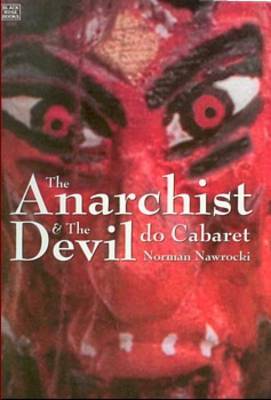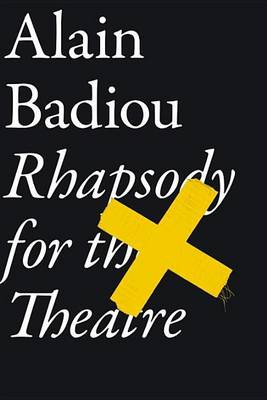Grotowski's Poland presents the first ever comprehensive record of the influential director’s relationship with the Polish United Party of Workers (PZPR). Author Seth Baumrin examines Grotowski’s own political activities and explores their connection to his aesthetic and methodological practices. The book is based on over 70 interviews with figures that worked with or knew Grotowski well, including actors, critics and theatre administrators, but also regional ministers, political informers and...
Ibsen's plays rank among those most frequently performed world-wide, rivaled only by Brecht, Chekhov, Shakespeare, and the Greek tragedies. By the time Ibsen died in 1906, his plays had already conquered the theaters of the Western world. Inviting rapturous praise as well as fierce controversy, they were performed in Europe, North America, and Australia, contributing greatly to the theater, culture, and social life of these continents. Soon after Ibsen's death, his plays entered the stages of Ea...
Caesar Von Arx - Walter Richard Ammann (Texte Und Studien Zur Literatur der Deutschen Schweiz, #3)
by Ceasar Von Arx
Reenactment: Art and War in Times of Theatrical Reenactment
by Rebecca Schneider
Their Majesties' Servants or Annals of the English Stage from Thomas Betterton to Edmund Kean; Actors, Authors, Audiences
by Doran
Death, The One and the Art of Theatre is the latest collection of Barkers distinctive and revelatory philosophical musings on theatre. It is a stunning array of speculations, deductions, prose poems and poetic apercus that casts a unique and unflinching light on the nature of tragedy, eroticism, love and theatre. Exploring the juncture between aesthetics and metaphysics, the book looks at the human experience of love and death as life at its most intrinsically theatrical. Howard Barker is an in...
This is the first biography of Thomas Harris. Until now, little has been known about his life. He was most visible as the man who controlled Covent Garden theatre for nearly five decades, one of only two venues in London allowed by law to perform spoken drama. But this career was only one of many: he became the confidant of George III, a philanthropist, sexual suspect, and a brothel owner in the underworld of Covent Garden. While deeply involved in Pitt the Younger's government, Harris worked as...
La Passion Du Rouergue (Currents in Comparative Romance Languages and Literatures, #229)
by Aileen Ann MacDonald
La Passion du Rouergue est le seul cycle dramatique en ancien occitan. Les pieces du cycle ont ete rassemblees pendant la derniere decennie du XVe siecle. Il y a une quinzaine de drames commencant par une Creation est finissant par une piece spectaculaire ayant trait au Jugement Dernier. Le compilateur a fait des choix tres originaux, par exemple, le Jugement de Jesus presente la Vierge Marie qui passe par trois tribunaux celestes pour plaider que son fils ne subisse pas la Passion en tant que l...
This guide to Shakespeare's plays, poems, and characters provides historical context for his works and catalogs every Shakespearean play with a full synopsis and listing of characters, including those with nonspeaking walk-on parts. Information on Elizabethan history and society, literary terms, Shakespearean criticism, and Shakespeare's sources is also provided, and a comprehensive glossary includes listings of theatrical terms, actors, and theater companies from the 16th century to the present...
Unions, Strikes, Shaw (Bernard Shaw and His Contemporaries)
by Bernard F. Dukore
Unions, Strikes, Shaw: ‘The Capitalism of the Proletariat’ is the first book to treat Bernard Shaw—socialist, dramatist, public speaker and union member—in relation to unions and strikes. For over half a century he urged workers to join unions, which he called, paradoxically, “the Capitalism of the Proletariat,” because as capitalists try to get as much labor as possible from workers while paying them as little as possible, unions try to gain as high wages as possible from employers while workin...
Ecology and Environment in European Drama (Routledge Advances in Theatre and Performance Studies, #14)
by Downing Cless
Looking at European drama through an ecological lens, this book chronicles nature and the environment as primary topics in major plays from ancient to recent times. Cless focuses on the few, yet well-known plays in which nature is at stake in the action or the environment is a dramatic force. Though theater predominantly explores human and cultural themes, these plays fully display the power of the other-than-human world and its endangerment during the history of Europe. While offering a broad o...
Some Account of the English Stage, from the Restoration in 1600 to 1830 (Volume 9)
by John Genest
Between Folk and Liturgy (Ludus, #3)
Between Folk and Liturgy, the title of this collection, should not be understood to refer to some fixed point, some stable place between the two extremes of an illiterate and a literate culture. Rather, the title flags the wide and colourful spectrum of medieval dramatic possibility. Perhaps except one, none of the ten essays published here deal with a drama existing purely at either end of this scale. They add to our impression of the teaming fecundity and hybridism of early European drama, an...
Acts and Texts (Ludus, #8)
For the Middle Ages and Renaissance, meaning and power were created and propagated through public performance. Processions, coronations, speeches, trials, and executions are all types of public performance that were both acts and texts: acts that originated in the texts that gave them their ideological grounding; texts that bring to us today a trace of their actual performance. Literature, as well, was for the pre-modern public a type of performance: throughout the medieval and early modern peri...
Of all the poets Francis Meres names in his famous Palladis Tamia, Wits Treasury (1598), just two rate a mention as being both 'our best for tragedy' and 'the best poets for comedy': William Shakespeare and George Chapman. All Fools, written in 1599, is the only Elizabethan comedy based directly on the plays of Terence. By taking episodes and characters from two brilliant works, The Self-Tormenter and The Brothers, Chapman creates something that is distinctly Elizabethan while remaining faithful...
Lojek provides extensive analysis of space in plays by living Irish playwrights, applying practical understandings of staging and the insights of geographers and spatial theorists to drama in an era increasingly aware of space.
Religious drama was one of the most vital art forms of the medieval era. In medieval mystery plays, God appeared as one of the characters, along with angels, saints, the devil, and others. Until very recently however, the revival of interest in medieval culture has not included drama, beacuse of a lingering fear of blasphemy associated with the representation of God on the stage. In Britain this fear wa the legacy of a theatrical censorship which has been exercised by the Lord Chamberlain's offi...
The Stage and the Page (Clark Library Professorship, UCLA, v. 6)
"Clearing the Ground": The Field Day Theatre Company and the Construction of Irish Identities
by Carmen Szabo
German Visitors to English Theaters in the Eighteenth Century
by John Alexander Kelly
For Alain Badiou, theatre—unlike cinema—is the place for the staging of a truly emancipatory collective subject. In this sense theatre is, of all the arts, the one strictly homologous to politics: both theatre and politics depend on a limited set of texts or statements, collectively enacted by a group of actors or militants, which put a limit on the excessive power of the state. This explains why the history of theatre has always been inseparable from a history of state repression and censorship...

